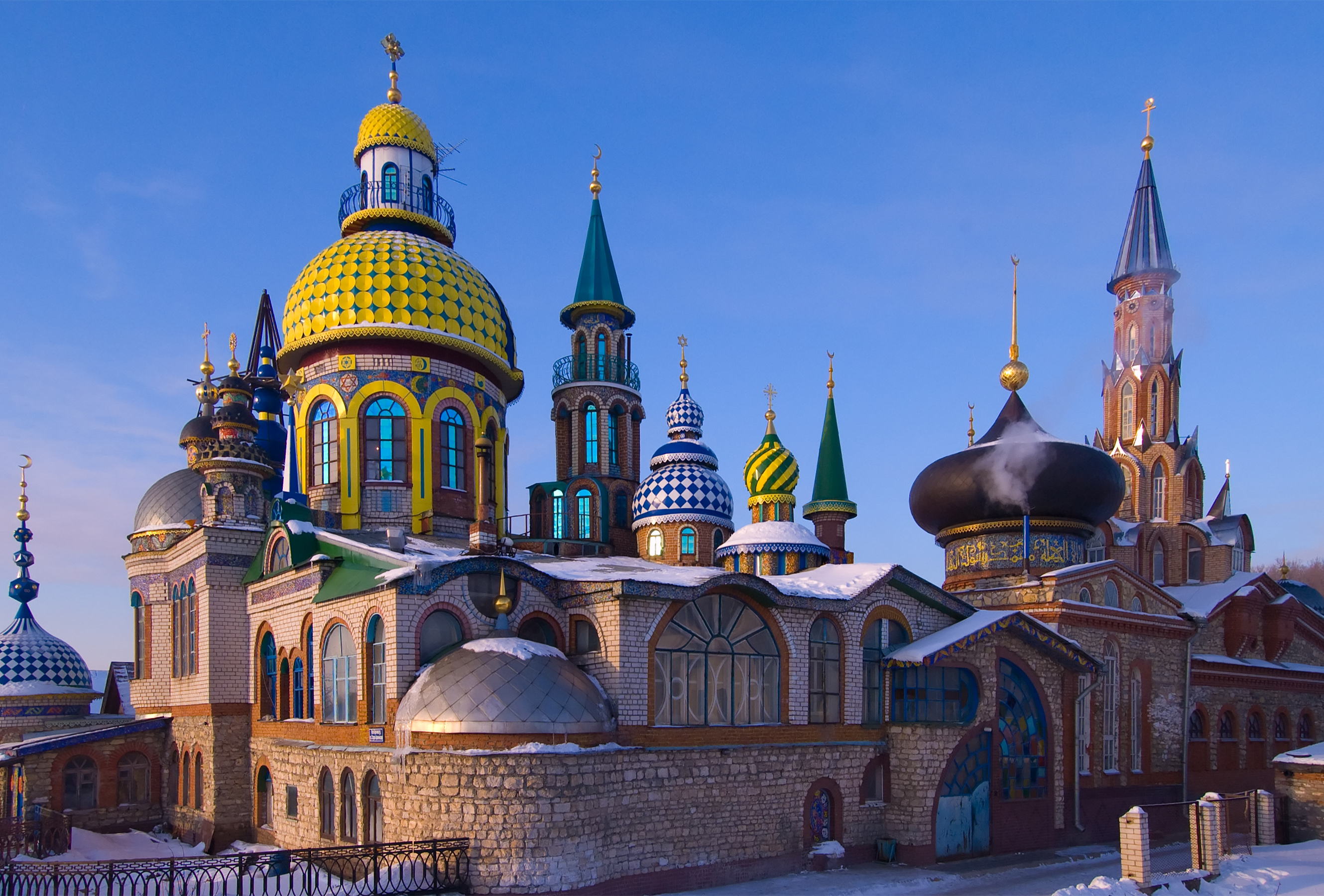Some stray thoughts on ontology (yes, I know, not really my cup of fruit juice, but I´m going to give it my best shot cuz Midsummer Nights Eve or something).
Outside Christianity (which is dualist), monism seems to be the dominant philosophical trend in Western philosophy. It´s also a position we rightly or wrongly associate with Hinduism (think Advaita Vedanta). Everything must be reduced to, and derivable from, a first principle or Absolute Ground, be it materialist or idealist. There is even something called "neutral" monism, which is neither, but still monist! Monism is still my tentative position. But what if it´s is just plain wrong? Why can´t pluralism be true? Maybe "the world" is made up of two, three, many ontological substances, perhaps infinitely many? I mean, why not? *That´s certainly how the world comes across to our immidiate awareness*. And nobody has *really* been able to reduce everything to just one substance (insert shrieking protests from materialistas here).
The most obvious argument against pluralism (and dualism) is this: how can substances interact with each other at all, unless they share a common nature at *some* level? Doesn´t that entail monism? Here´s an idea: no, it doesn´t. That´s just a presupposition we have, based on nothing else than abstract philosophizing. Maybe different substances *can* interact with each other, period. That´s simply how pluralism works. Or maybe there are more than one plane of existence. On our plane, everything is connected since everything here really is reducable to one substance. But other planes (which we can access only in a very fleeting and confusing manner) may be made of different substances, once again making the totality of existence pluralist.
Here is one of my favorites quotes from John Michael Greer again:
"One of the reasons I value classic occult philosophy is that it stresses just how much higher the Great Chain of Being extends above us. Of course it's possible to transcend the human -- but that moves us one notch up the ladder, not instantly all the way to the top. Mind you, that one notch is an immense, life-changing experience from our standpoint...but from the standpoint of the cosmos, it's a little like moving from a life as a blue-green alga to life as a paramecium. A paramecium has vastly greater capacities than a blue-green alga; it has cilia that enable it to move, and chemical senses that allow it to "sniff" its surroundings; it inhabits a much vaster world than a blue-green alga, and were an alga to suddenly gain the state of conciousness of a paramecium, it would doubtless think that it had risen to the ultimate ground of being. Meanwhile we watch them both through microscopes."
Perhaps most philosophy is just abstract babble (but then, I suppose there could be a kind of World of the Abstract Babble Ideas). We can really be sure of three things only: our experiences of something that looks like a mind-independent outside world, the fact that there is often a mismatch between these experiences, and the fact that we have some kind of "I" doing the experiencing (and mismatching). That´s it. Build your philosophy on this, gentlemen! I happen to veer strongly towards the idea that mysticism is a real experience (it´s certainly *an* experience), but how can the mystic *know* that he is accessing the monistic ground of being (or any ground of being, for that matter), rather than simply going up one step, or even going down a couple of steps? As I said in a previous blog post: "Imagine if you could get access to the mind of a small bird that flies around the world navigating with the help of the Earth's magnetic field. You would probably think you accessed the mind of GOD, yet you just melded with a BIRD BRAIN! Or imagine if you got access to the communication that goes on between trees in a forest, or bees in a hive, you would think you united with the World Soul... Or imagine if a dog or a monkey got access to the mind of a human. They would think *your* mind is divine!".
What are the consequences of the above? No idea, but here are some possibilities (some of which I can´t say I like): no "objective" morality, no personal god in the Biblical sense, no special place for humanity, no end-point at which we will have "a theory of everything"...but also, in some weird sense, infinite possibilities. Who knows, maybe Jewish carpenters with distinctly Messianic habits can rise on the third day in such a universe, saving whoever wants to be saved?

No comments:
Post a Comment